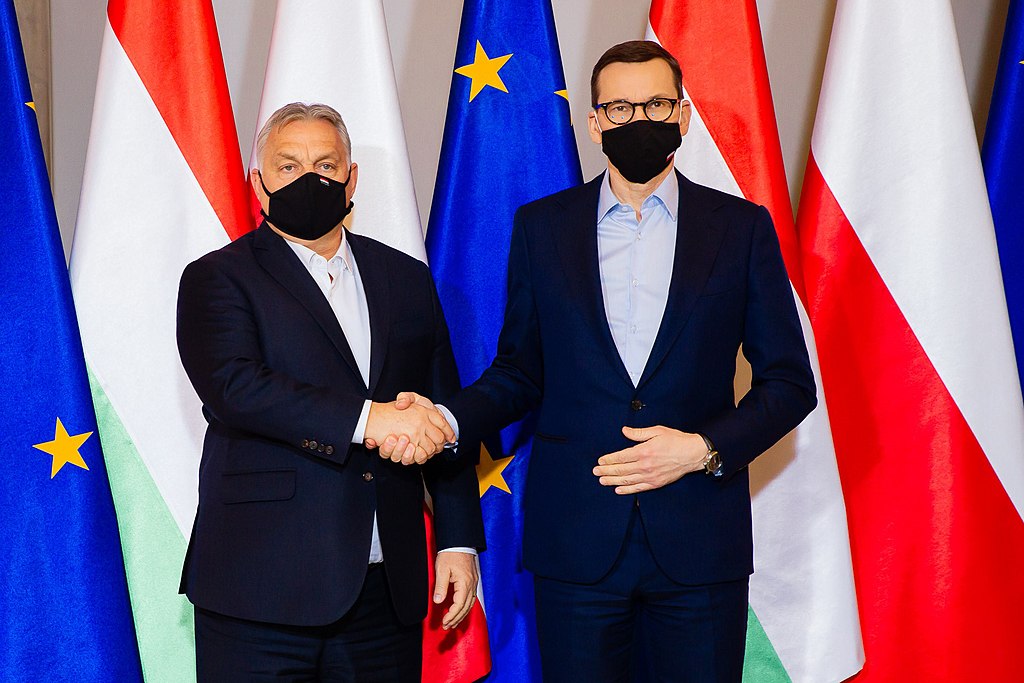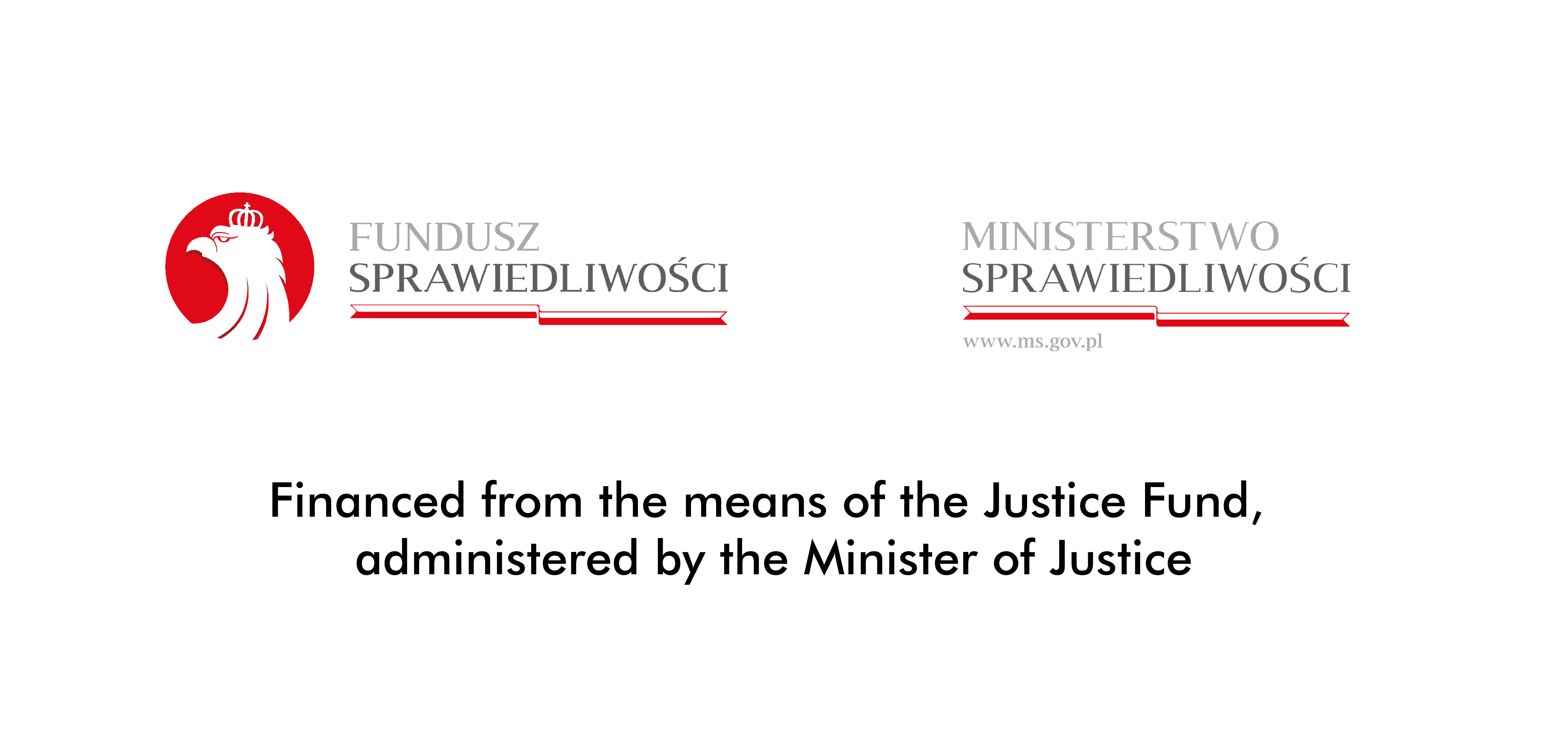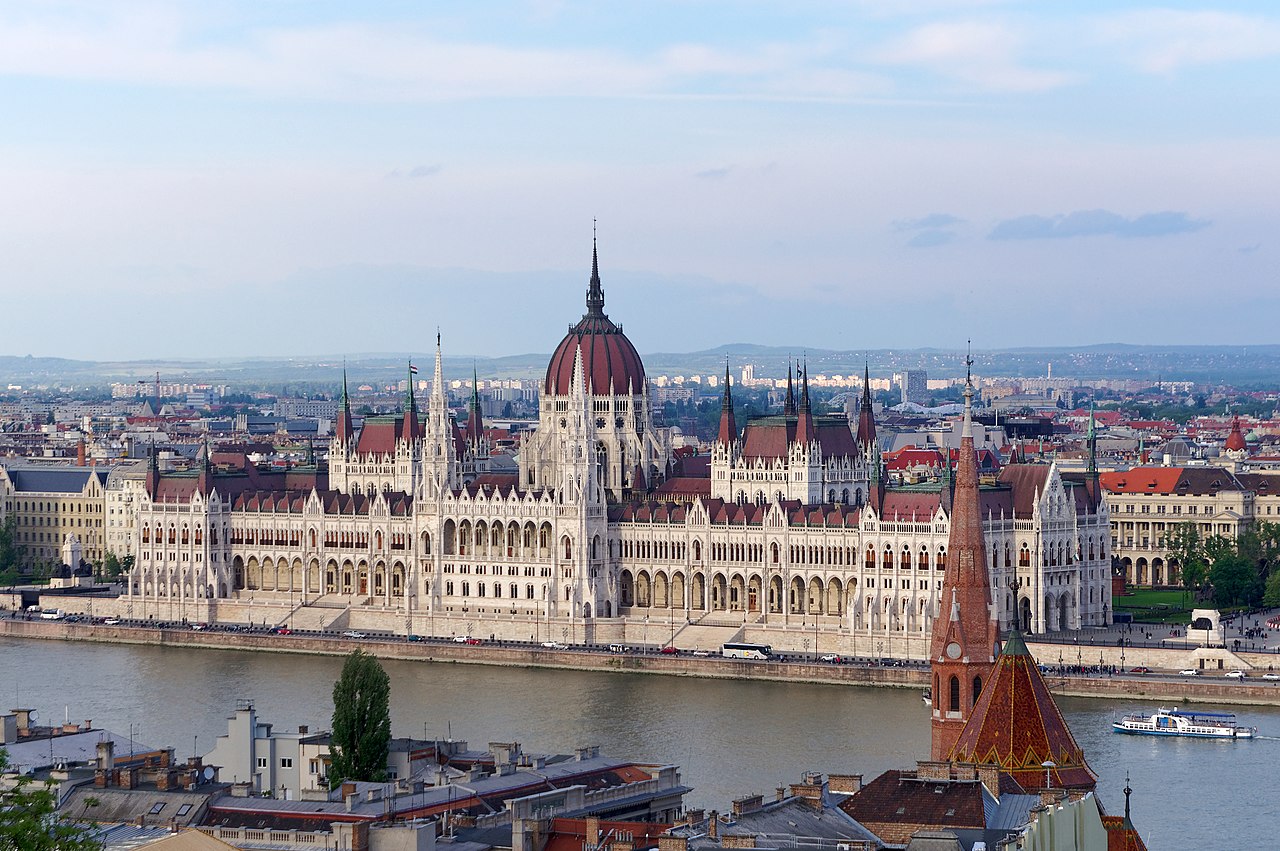Viktor Orbán, Polish emotions, and the evil empire

Great love that turns into hostility overnight is not unusual. I am afraid, however, that something similar happened between Poles and Hungarians.
Paweł Lisicki
This is the conclusion at least from the reaction of the entire Polish media to the last speech by Viktor Orbán in Băile Tuşnad, which I was fortunate enough to hear personally. That is why – although I know it is a breakneck task – I will try to show where the caricaturality of Polish messages really lies.
In Orbán’s clearly structured speech, Polish audiences were certainly most shocked by the radically different assessment of the war. The whole reasoning of the Hungarian Prime Minister is based on assumptions which are commonly negated in Poland. This is not about a moral evaluation of the wickedness of Russian aggression – Orbán made it clear that a rational description of the causes of the conflict does not constitute its justification. Thus, contrary to what the Polish media portrays, Orbán neither supports Russia’s aspirations, nor does he believe that violence is the right way to resolve conflicts.
The fundamental difference lies elsewhere: for the Hungarian Prime Minister, Russia is not simply, as is believed in Poland, an empire of evil and nihilism. It is not, at least in principle, a gangster or terrorist state, the seat of a global Antichrist, which no one should be allowed to talk to, and which must be destroyed. War, even if unfair, is not a Manichaean clash of the powers of light (Ukraine plus the West) and darkness (Moscow, Putin, etc.). It has – regardless of moral judgment – limited and clear rational goals.
According to Orbán – the first assumption – the war took place not because Russia is feeling unstoppable in its pursuit to conquer other countries, but because it felt threatened and that it had real and not imaginary reasons for that. Moscow demanded two things: Ukraine’s explicit resignation from its aspirations to NATO and a clear declaration by NATO that Ukraine would not be in the alliance. It did not matter whether the postulates were right or wrong, because from the point of view of the law, according to which every state belongs where it wants, they were wrong. However, this is how the Russians defined their security. Seeing that both NATO and Ukraine rejected their demands and at the same time observing what prof. John Mearsheimer called the actual inclusion of Kiev in the alliance, they struck. In Poland, such reasoning is considered at least naive or even treacherous. The Russians’ fears about NATO enlargement are only a pretext – says the vox populi.
Orbán’s second premise: Russia will never attack NATO on its own. Not because she is peaceful, because she is not, but because the Russians are well aware of the power imbalance. Militarily, the West is many times stronger than Russia. Moscow understands this, which is why it decided to attack Ukraine when it was not yet a member of NATO. So we are not dealing with an evil that has to spill over, for such is its nature, but with Moscow’s brutal, selfish calculations and striving to ensure its own safety in violation of the rights of others. Another view prevails in Poland: Ukraine is only the first of many conquests by Russian imperialism. If Russia is not stopped in Ukraine, there will be an attack on NATO countries –Lithuania, Latvia, Estonia, maybe Poland. How do you know this? Because Russia is just an evil empire. It conquers, because it has to. Ukraine will fall, an attack on Poland will ensue. Hence, the peculiar comparison between Russia and the Third Reich is so popular in Poland. It is so strange that, if you look for historical analogies, contemporary Russia is much more like the collapsing Ottoman empire, which was losing strength step by step from the end of the 18th century, than the force of Hitler’s empire, pushing for world hegemony.
Who is wrong in describing reality? Hungarians – because Orbán speaks for the country – or Poles – because in this aspect the government and the opposition do not differ much? Orbán mentioned that for Hungarians the war between Russians and Ukrainians is a war between two Slavic nations. That is why Poles are emotionally involved in it on the side of the Ukrainians, while Hungarians are not. In my opinion, this is an appropriate formula which, if adopted in Warsaw, would allow for good relations with Budapest to be maintained despite the difference in assessment of the conflict. Poles could still argue that Hungarians do not understand Russia and Hungarians would hold firm. In other words: let’s not argue about the approach to the war, we have other common interests, especially in relation to the Union, such as standing against immigration and gender ideology. If we could relinquish our role as Cato of international morality in this matter, it would be an advantageous solution.
This article was published in August 2022 in “Do Rzeczy” magazine.




